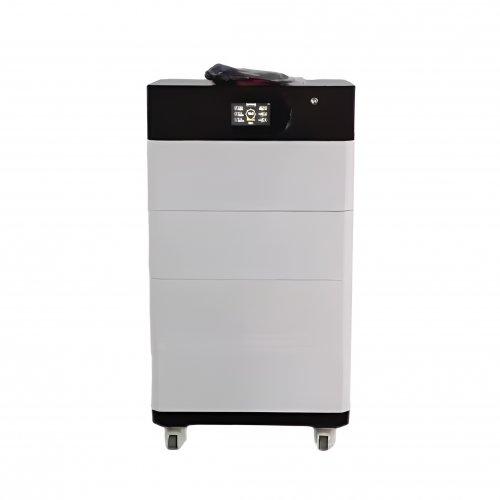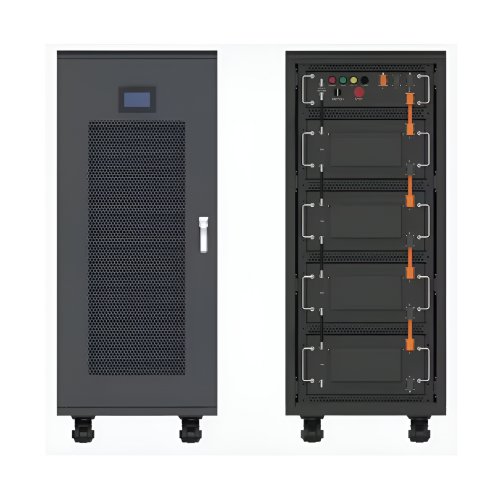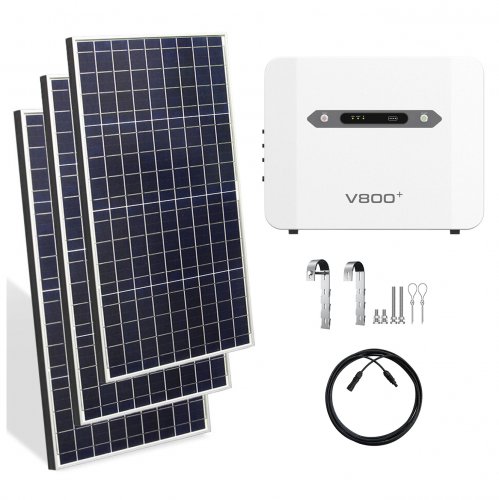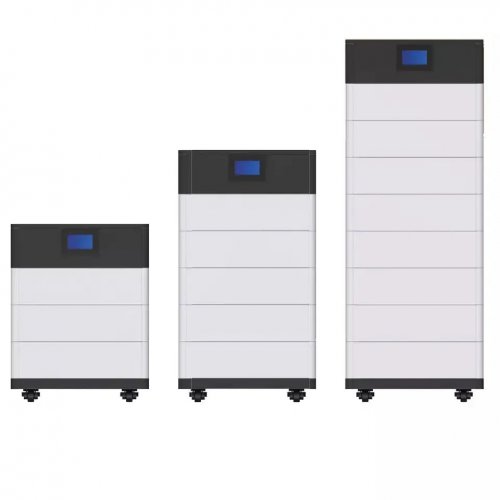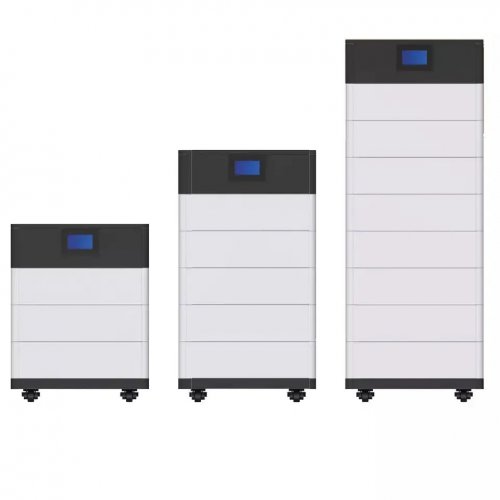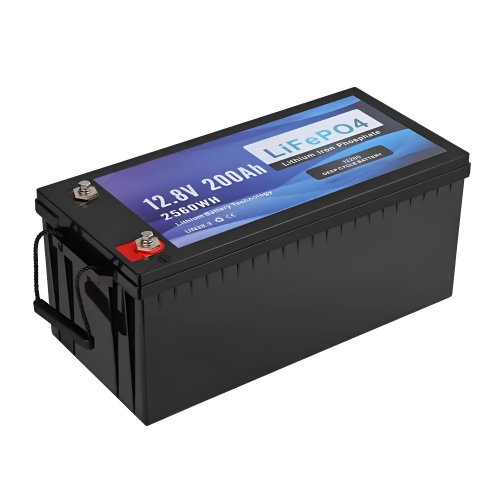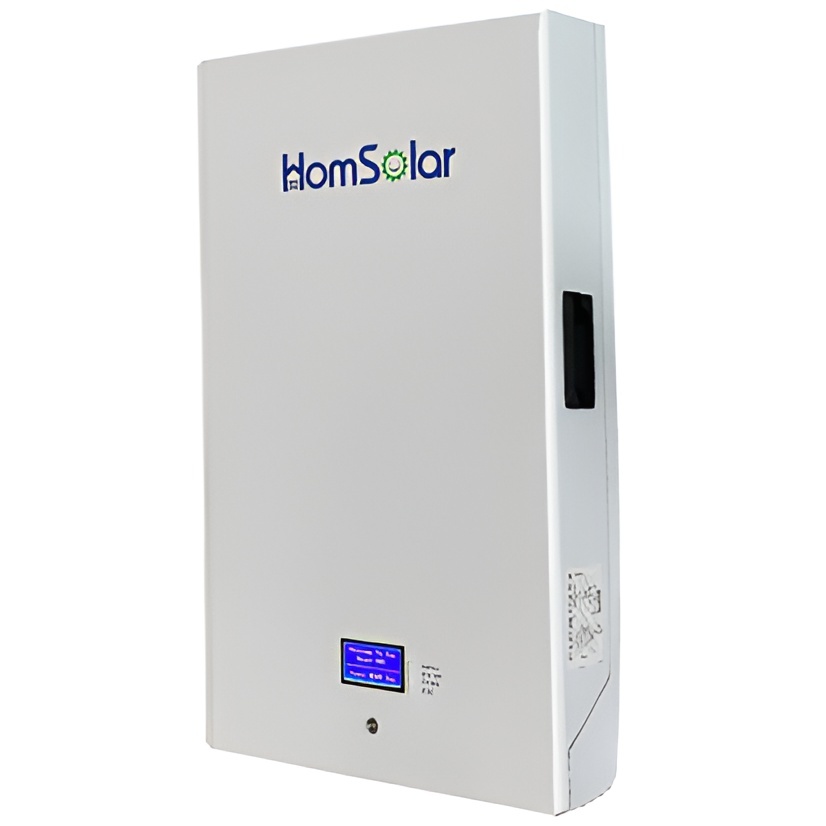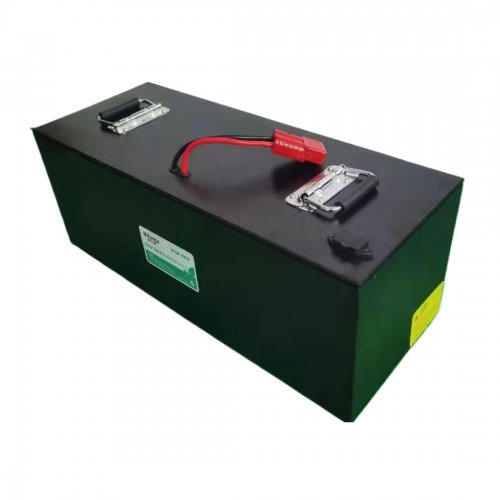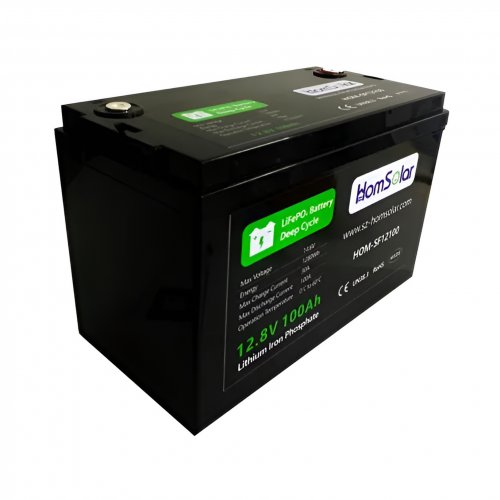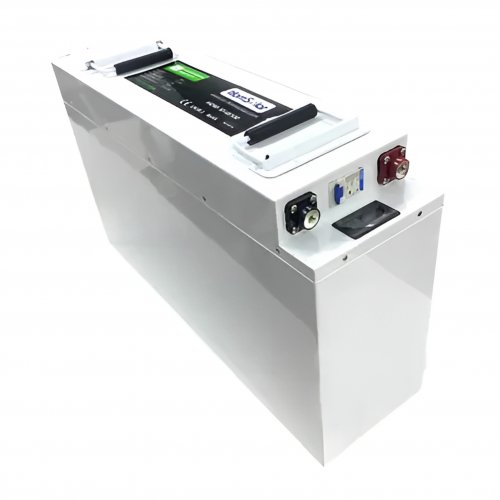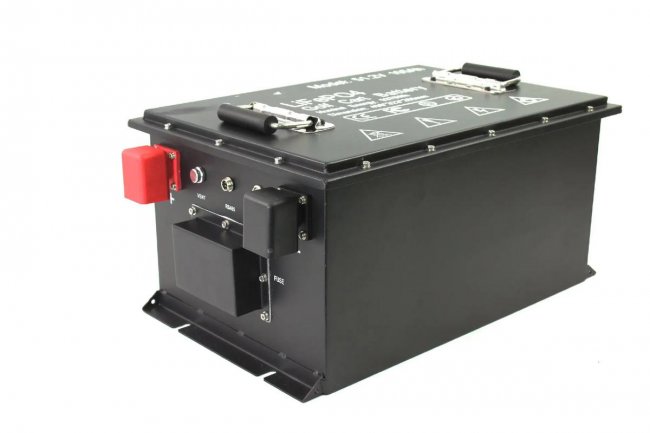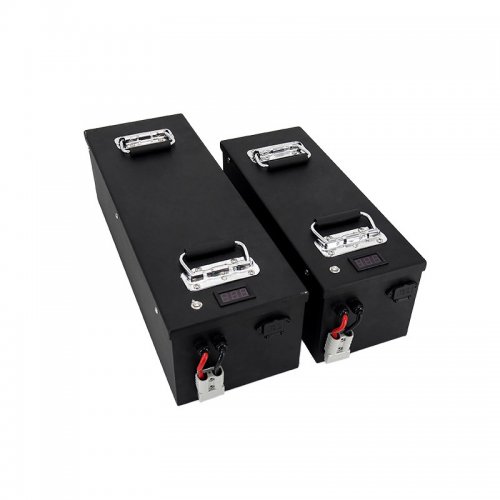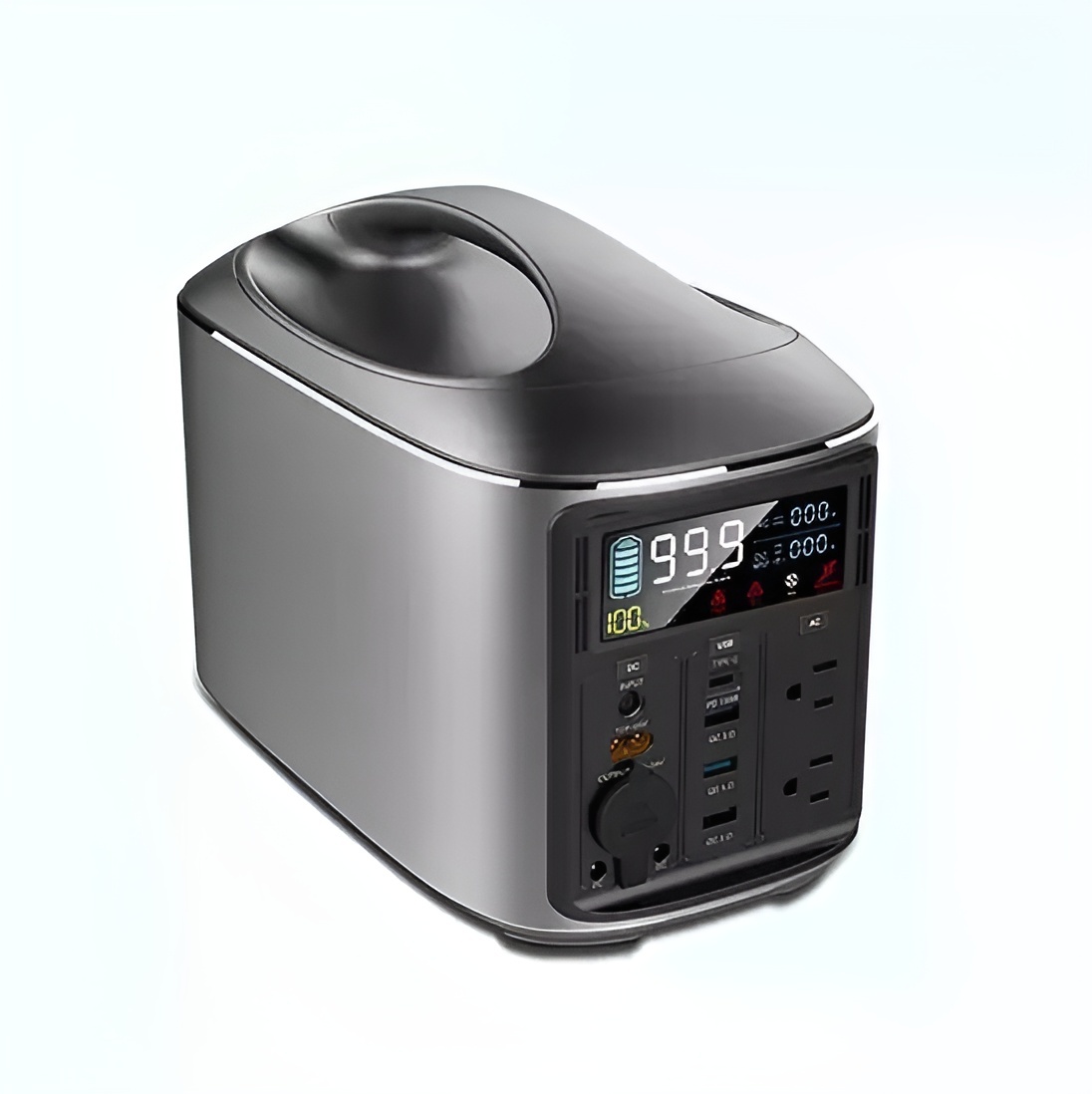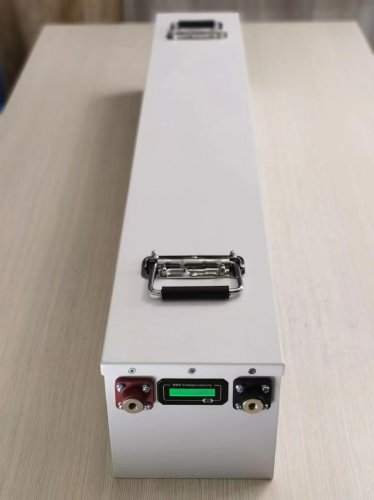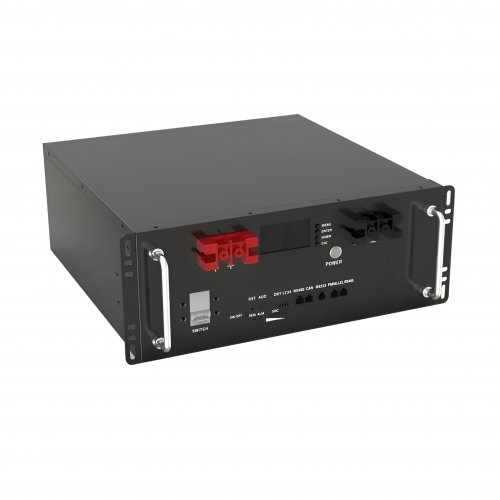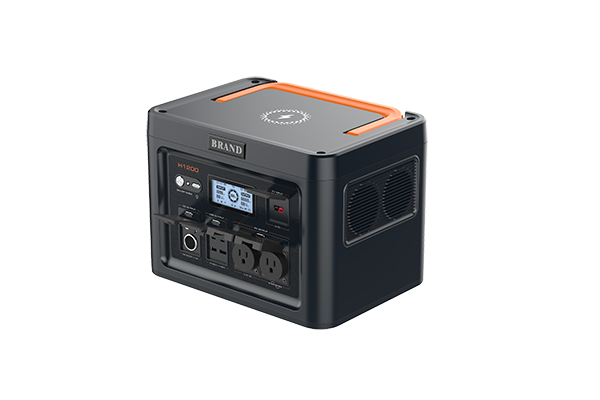Electric Vehicle Batteries News: Advancements In Solid-state Technology And Supply Chain Diversification Reshape The Industry
The global electric vehicle (EV) battery sector, the critical heart of the transportation revolution, is undergoing a period of rapid and profound transformation. While the demand for lithium-ion batteries continues to soar, the industry is simultaneously grappling with supply chain vulnerabilities, pursuing next-generation technological breakthroughs, and navigating a complex geopolitical landscape. The latest developments suggest a future defined not just by higher energy density, but by greater sustainability, security, and diversification.
Latest Industry Dynamics: Solid-State Progress and Manufacturing Shifts
A significant recent development has been the accelerated timeline for solid-state batteries. Toyota, long seen as cautious in its pure-EV strategy, announced a technological breakthrough that simplifies the production of the solid electrolyte, a major historical bottleneck. The company now plans to commercialize solid-state batteries in its vehicles by 2027-2028, offering a potential range of over 1,200 km and charging times reduced to just 10 minutes. This announcement has sent ripples through the industry, prompting competitors to recalibrate their own development roadmaps.
Parallel to technological innovation, the geographic landscape of battery manufacturing is shifting. The U.S. Inflation Reduction Act (IRA) continues to be a powerful catalyst, spurring a wave of new gigafactory announcements and partnerships across North America. Major players like Panasonic, LG Energy Solution, and SK On are investing billions in new facilities on American soil, incentivized by production tax credits and requirements for critical mineral sourcing and local assembly. This policy is deliberately designed to create a more resilient, localized supply chain less dependent on a single region.
However, this diversification faces challenges. The recent slowdown in EV demand growth in some markets has led automakers like Ford and GM to temporarily scale back production plans, causing a cautious ripple through the battery supply chain. This has highlighted the ongoing interdependence between automakers and battery cell producers and the sensitivity of large capital investments to consumer demand fluctuations.
Trend Analysis: Beyond Lithium-Ion and Into the Circular Economy
The dominant trends shaping the future of EV batteries extend beyond mere capacity increases.
1. Chemistry Diversification: While lithium-ion remains king, its chemistry is evolving. Lithium Iron Phosphate (LFP) batteries, prized for their lower cost, superior safety, and longer cycle life, are gaining significant market share outside of China. Tesla, Ford, and Volkswagen are increasingly adopting LFP chemistry for their standard-range vehicles, reducing reliance on nickel and cobalt. This shift is forcing a recalibration of raw material mining and processing investments. 2. The Solid-State Horizon: The industry widely acknowledges solid-state technology as a potential game-changer. By replacing the flammable liquid electrolyte with a solid counterpart, these batteries promise drastic improvements in safety, energy density, and charging speed. While manufacturing hurdles remain, the recent flurry of announcements from Toyota, Nissan, and quantum startup QuantumScape indicates that the transition from laboratory research to pilot production is genuinely underway. 3. Supply Chain Security and ESG Scrutiny: Geopolitical tensions and environmental, social, and governance (ESG) concerns are forcing a top-to-bottom reevaluation of the battery supply chain. There is a intensified focus on securing supplies of critical minerals like lithium, nickel, and cobalt from friendly nations or through strategic partnerships. Furthermore, traceability is becoming paramount. Battery passports, which detail the carbon footprint and origin of materials, are moving from concept to regulatory requirement in regions like the European Union, addressing concerns over ethical sourcing and environmental impact. 4. The Rise of Second-Life and Recycling: As the first wave of EVs reaches end-of-life, the industry is building a circular economy for batteries. Companies like Redwood Materials and Li-Cycle are scaling up advanced recycling processes to recover valuable metals like lithium, cobalt, and nickel. Simultaneously, the "second-life" application—using retired EV batteries for less demanding stationary energy storage—is gaining commercial traction, creating new value streams and reducing waste.
Expert Perspectives: Cautious Optimism and Pragmatic Challenges
Industry experts provide nuanced views on these developments. Dr. Elena Richards, a materials scientist at a leading research institute, cautions tempering excitement around solid-state with realism. "The recent announcements are undoubtedly promising," she states, "but scaling a technology from a pilot line to high-volume, cost-competitive automotive manufacturing is a Herculean task. We will likely see hybrid or semi-solid-state solutions as an intermediate step."
On the supply chain front, Michael Sandoval, a supply chain analyst, emphasizes the long road ahead for diversification. "The IRA has been incredibly effective in stimulating North American cell manufacturing," he notes. "However, the refining and processing of critical minerals remain heavily concentrated in East Asia. Building that mid-stream capacity domestically or with allied partners is a decade-long project, not something achieved in a few years."
Finally, on sustainability, Dr. Sarah Lemont, an environmental policy expert, highlights the importance of holistic thinking. "A battery's green credential isn't just about zero tailpipe emissions. It's measured from the mine to the end-of-life. Robust recycling infrastructure and stringent ESG standards are not optional extras; they are fundamental to ensuring the EV revolution is truly sustainable."
In conclusion, the EV battery industry is maturing at a staggering pace. The narrative is expanding from simply achieving longer range to solving complex problems of supply chain security, environmental responsibility, and economic viability. The companies and nations that succeed will be those that innovate not only in the chemistry of the cell but also in the architecture of the entire global ecosystem that supports it.
Customized/OEM/ODM Service
HomSolar Supports Lifepo4 battery pack customization/OEM/ODM service, welcome to contact us and tell us your needs.


HomSolar: Your One-stop LiFePO4 Battery Pack & ESS Solution Manufacturer
Our line of LiFePO4 (LFP) batteries offer a solution to demanding applications that require a lighter weight, longer life, and higher capacity battery. Features include advanced battery management systems (BMS), Bluetooth® communication and active intelligent monitoring.

Customised Lithium Iron Phosphate Battery Casing
ABS plastic housing, aluminium housing, stainless steel housing and iron housing are available, and can also be designed and customised according to your needs.

HomSolar Smart BMS
Intelligent Battery Management System for HomSolar Energy Storage System. Bluetooth, temperature sensor, LCD display, CAN interface, UART interface also available.


Terminals & Plugs Can Be Customized
A wide range of terminals and plugs can be customised to suit the application needs of your battery products.

Well-designed Solutions for Energy Storage Systems
We will design the perfect energy storage system solution according to your needs, so that you can easily solve the specific industry applications of battery products.



About Our Battery Cells
Our energy storage system products use brand new grade A LiFePO4 cells with a battery lifespan of more than 4,000 charge/discharge cycles.



Applications in Different Industries
We supply customized & OEM battery pack, assemble cells with wiring, fuse and plastic cover, all the cell wires connected to PCB plug or built BMS.
Applications: E-bike, Electric Scooter, Golf Carts, RV, Electric Wheelchair, Electric Tools, Robot Cleaner, Robot Sweeper, Solar Energy Storage System, Emergency Light, Solar Power Light, Medical Equipment, UPS Backup Power Supply.
We can provide you with customized services. We have the ability to provide a vertical supply chain, from single cells to pack/module and to a complete power solution with BMS, etc.


HomSolar (Shenzhen) Technology Co., Ltd







